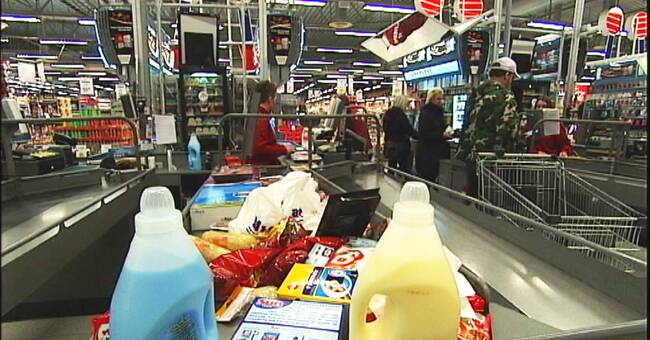It is the Norwegian food industry's interest organization NHO Mat og drank that presents the figures on the effect of the border closure.
Sales of groceries increased by SEK 12 billion in Norway during the first six months of the year.
Together with a sharp increase in alcohol and tobacco sales, it gave the Norwegian state 2.66 billion more in VAT and tax revenues.
All calculated in Norwegian kroner.
- This is the first time we get the extent of cross-border trade documented.
This shows that it is probably larger than the statistics we previously had access to, says Gerhard Salicath, business policy manager at NHO Mat og Drikke.
Alcohol and tobacco
And the increase has continued during the summer.
According to NHO, the Norwegian state's revenues from so-called excise duties on alcohol, tobacco, non-alcoholic beverages, chocolate and sugar products broke records during the month of July.
The increase is 50.5 percent, from 2.36 billion to 3.55 billion Norwegian kroner.
The largest increase is in the case of alcohol and tobacco with 93 and 80 percent, respectively.
Suggestions for measures
NHO is now presenting six points with proposals for measures to reduce Norwegian cross-border trade even after the corona pandemic.
These include removing taxes on non-alcoholic beverages, chocolate and sugar, and reducing taxes on alcohol, snus and tobacco.
- What we have seen now is a kind of living experiment that gives a picture of what it could look like if there were the same conditions for production and sale of food and drink on both sides of the border, says Gerhard Salicath.
The border with the major border trade destinations in Värmland and Västra Götaland, among others, has been closed since mid-March.
Although the border with Värmland opened on July 25, it was closed again three weeks later, to reopen on Saturday.

